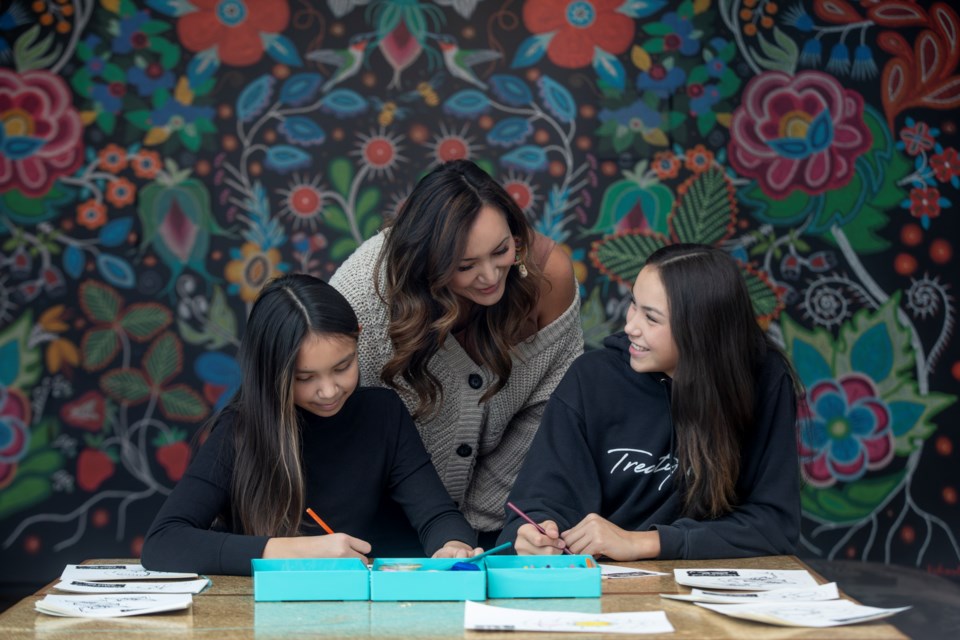SADDLE LAKE – In an effort to seek greater participation from Indigenous and underrepresented learners, MacEwan University has established its first associate vice-president, Indigenous Initiatives and Engagement position.
Terri Cardinal, originally from Saddle Lake, is taking on the role.
The position requires Indigenous knowledge, establishing and fostering connections within Indigenous communities, and a clear grasp of the needs of Indigenous students at MacEwan, states Dr. Annette Trimbee, president and vice-chancellor of MacEwan University, in announcing the role - all areas Cardinal exemplified since joining the university in 2017.
Cardinal has been involved in various works both within and outside of the university, helping ensure Indigenous initiatives in many different spaces, and helping Indigenous youths to be confident in who they are.
In 2022, she also took a leave of absence from the university to help search for unmarked graves at a former residential school located just a few miles west of St. Paul.
At MacEwan University, she’s worked as the manager of the university’s kihêw waciston Indigenous Centre; then as director of Indigenous Initiatives, where she worked to create safe spaces for Indigenous students at the university.
She’s also a sessional instructor in the Faculty of Health and Community Studies, where she helped create policies and initiatives to support Indigenous students. This includes introduction of Indigenous language courses, and the development of two full-time Knowledge Keeper positions at the university.
Cardinal assisted in making MacEwan one of the very first educational institutions to allow smudging throughout the whole university in 2018.
In her new role, she hopes to continue advancing First Nations, Métis and Inuit Initiatives for MacEwan.
Cardinal says many Indigenous students, and even non-Indigenous and underrepresented learners, face barriers and challenges when seeking post-secondary education, and it is her job to help them. “We all have different worldviews and . . . perspectives of our lives - we see things differently,” she says.
“My job is to educate [others] . . . that we all carry gifts, and we can all bring them together in a way that works,” adds Cardinal. “There’s not just one way and one box that we all need to fit into.”
A challenge she hopes to help address in the future is to help Indigenous students have better access to education. She says some students don’t have the ability to pay for an application to apply to a university or face other barriers and challenges.
Cardinal says she herself has struggled with education. She recalled attending Ashmont School when she was younger, and she says she wasn’t always the best student. “But I had a principal – Larry Lambert. When I would get in trouble, he would bring me into his office,” says Cardinal, but rather than being scolded, “He treated me with such kindness.”
She says Lambert has remained an inspiration as an educator.
At the post-secondary level, Cardinal said she experienced stigma toward Indigenous people. And sometimes, that stigma may also seep into a curriculum. This can lead to a negative experience for Indigenous students. She hopes to see more integration of Indigenous learning and education in curriculum in a meaningful way.
“Because we are beautiful people, we have a beautiful . . . and a very rich culture. And so how will we start talking about that and teaching people about that,” she says.
She reiterates that Indigenous learners should not give up but continue learning and growing.
“I never thought that there was the shy, quiet girl in the back,” being able to stand where she is today, Cardinal says of herself. “Anything is possible as long as we want it, and we work hard, and we don’t give up.”



